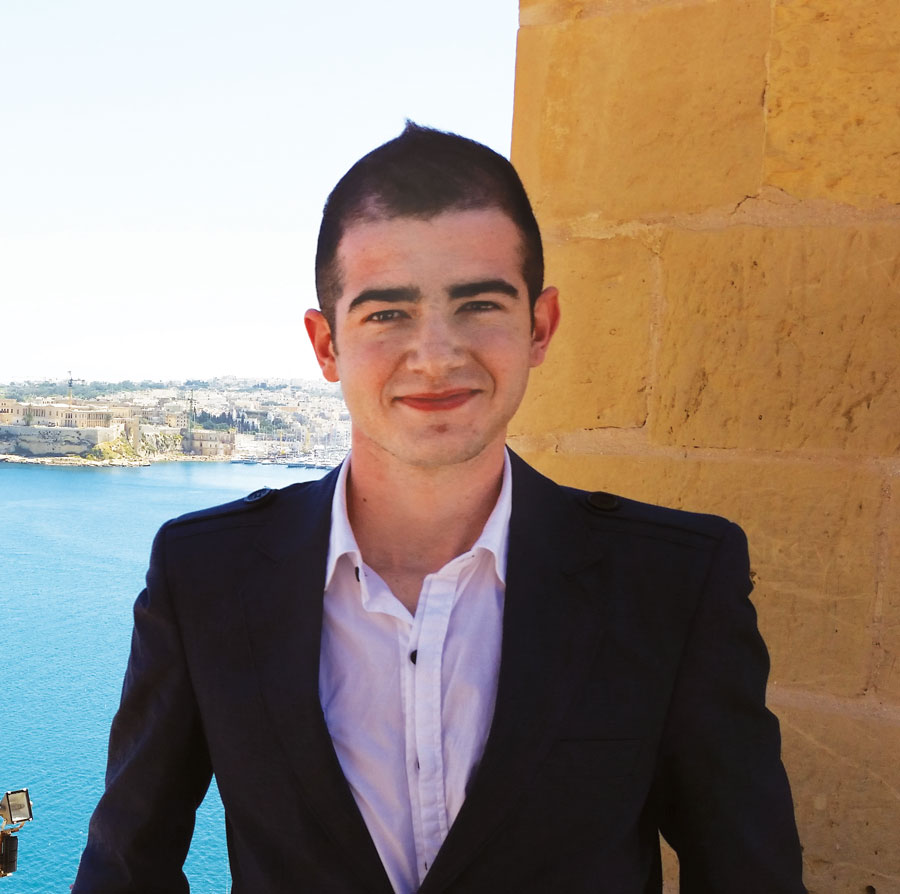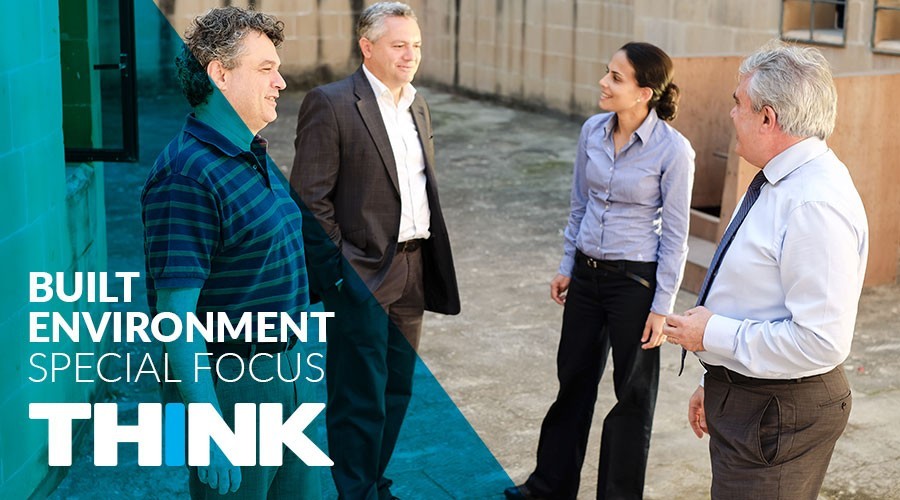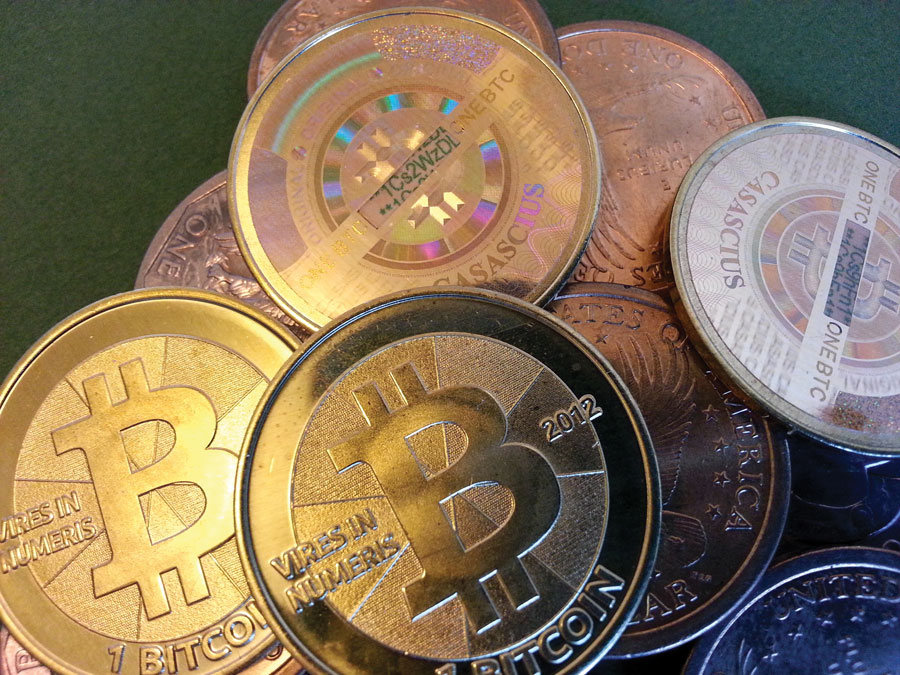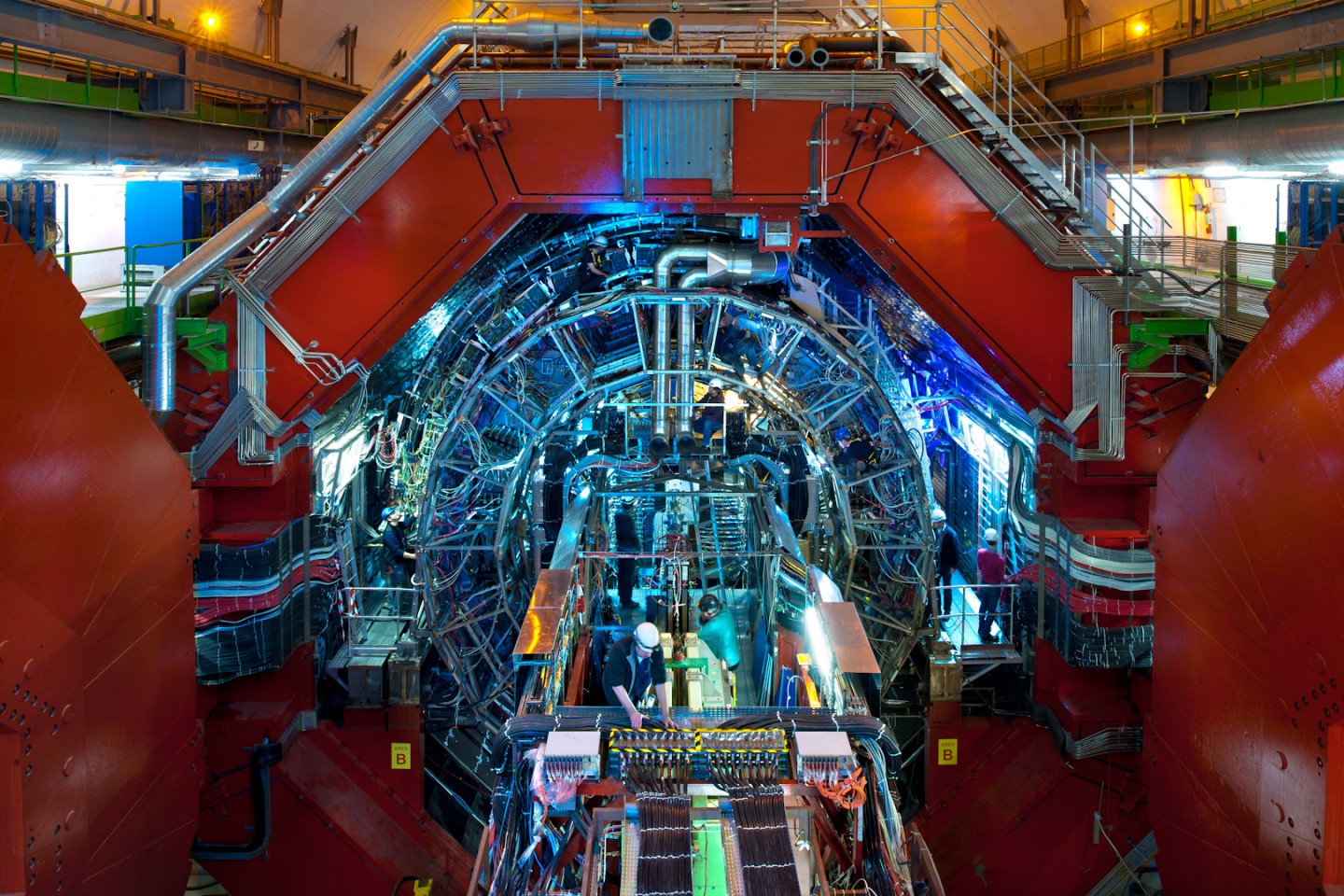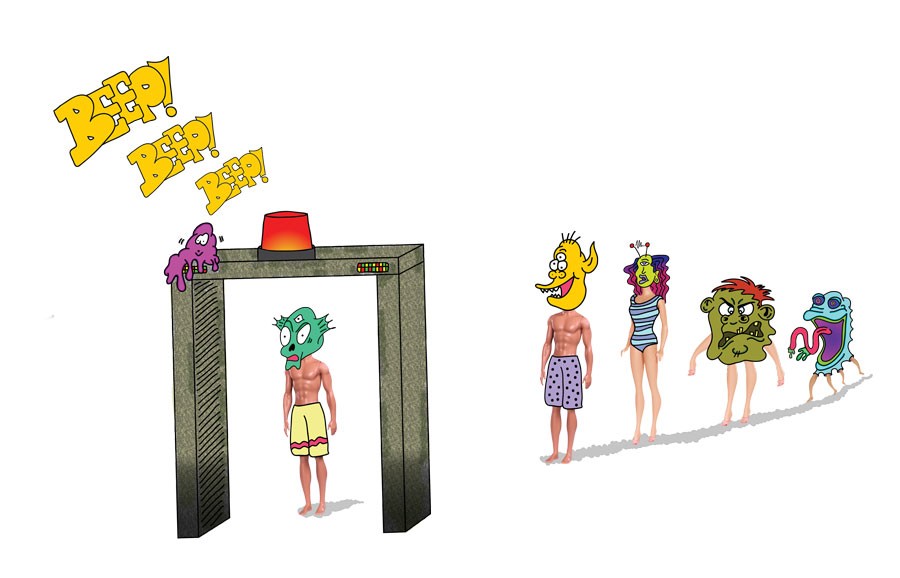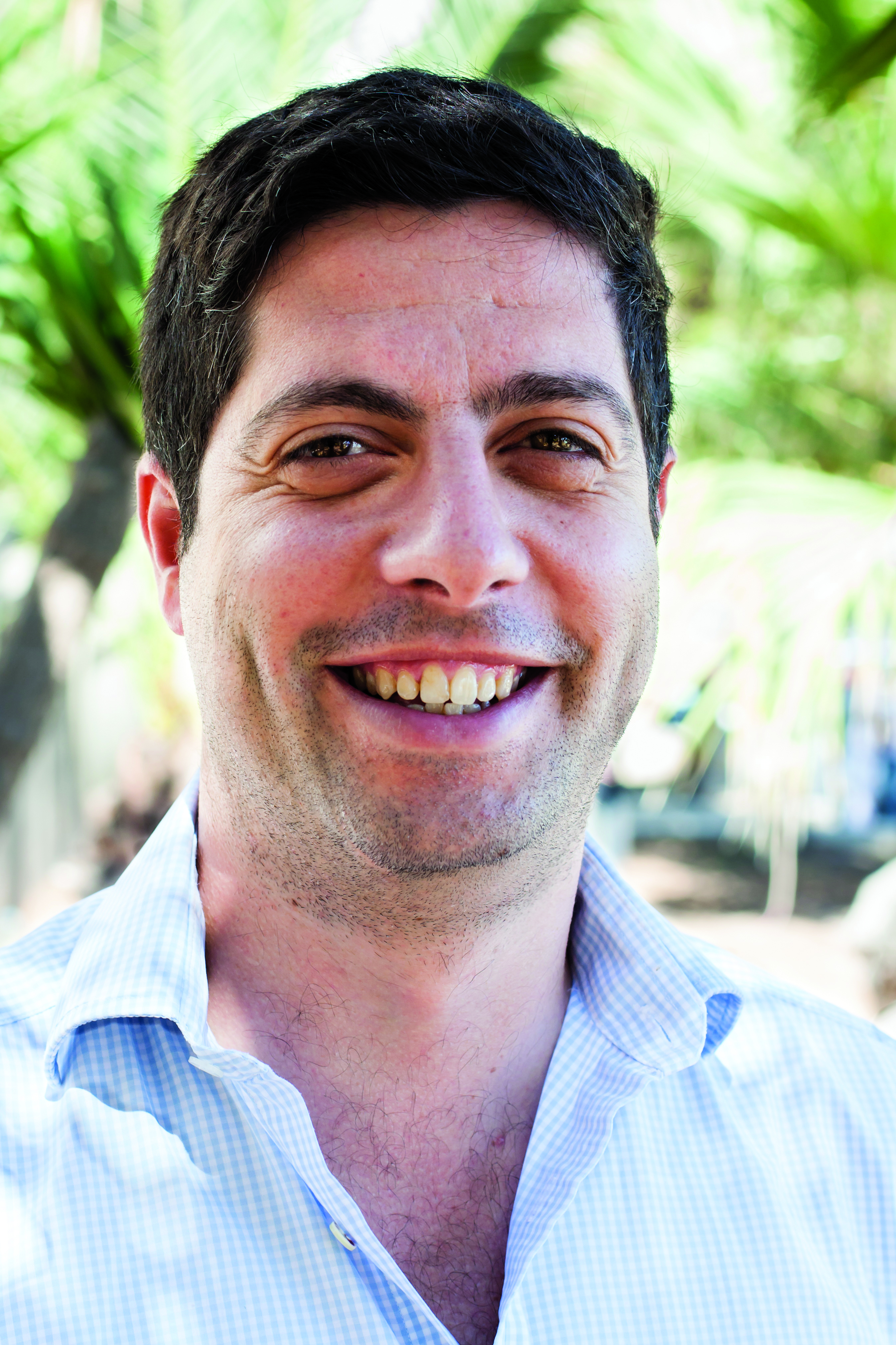The future of transport
By Brandon Spiteri
The world has globalised. People and cargo need to get about in cheaper, faster ways that use better transport technologies. Magnetic levitation is one way to achieve higher speeds at a cheaper fuel cost whilst offering a smoother ride. There is less friction since the vehicle floats on electromagnetic waves that make this transport method very efficient.Continue reading
Do you recognise me?
By Julia Farrugia
Automatic facial recognition could change the world of law enforcement. Profile photos of suspects are rarely available, so investigators still rely on face sketches based on eyewitness descriptions. Julia Farrugia (supervised by Dr Ing. Reuben Farrugia) implemented an automatic face recogniser that is able to retrieve a photo based on a sketch. This narrows down the number of potential criminals before trails start to go cold.Continue reading
Rumble, rumble, toil and tumble
Parking is a high priority for Maltese homeowners and, as a result of this, garages are becoming compulsory in new buildings. What does this have to do with earthquakes? Dr Claude Bajada meets earthquake engineers Dr Marc Bonello, Dr Reuben Borg, and Perit Petra Sapiano to find out.
Continue readingDIY Mario
Mario meets democracy in Super Mario Maker, a side-scrolling platform game creation system and video game developed and published by Nintendo in which fans are provided with the tools to design and create their own levels. Players from all over the world responded to this call and thousands of levels have already been created, ranging from the brilliant to the dull, from the insane to the even more insane.
Super Mario Maker is a development tool just as much as it is a guided tour of the world of Super Mario. Devoid of enemies to beat or princesses to save, players now witness the familiar 2D spaces raw. They need to populate them with obstacles and challenges and will quickly realise how hard it is to design a good level. This experience reveals the balance and elegance reached in games such as Super Mario Bros. 3.
However, democracy has its perils: many creations will probably be ignored by the Mario community, but a few kind peers will certainly comment and play through them. If you’re good enough, you can become a Mario starchitect, respected and applauded by the community. To reach that status, you need to analyse the failures of others who play your levels. Will you make the level harder or easier? The choice is yours.
There’s no pre-made game in Super Mario Maker. Effectively, the player creates content for Nintendo. The player will stumble through many unremarkable levels but the experience is worth the time and will help you learn to love the possibilities you create in the familiar Super Mario universe.
The future of money?
Money has evolved hand in hand with society. Early civilisations exchanged goods, which were then replaced by precious metals, like gold and bronze that represented the value of other goods. This metal money was made efficient through banks. Banks kept a gold reserve issued to an owner against a certificate. These certificates became paper money. Today’s money revolution is digital. Words by Ryan Abela.
Engineering modern life
From improving life quality to solar panels that decrease temperature, researchers at the Department of Environmental Design in the Faculty for the Built Environment (University of Malta) have come up with some ingenious ideas to strengthen modern building design. Natasha Padfield learns more.
Continue readingALICE’s Adventures in Switzerland
Hidden 175 metres below the Franco-Swiss border lies a feat of human ingenuity: the Large Hadron Collider (LHC). The LHC is the largest scientific instrument ever constructed, providing mankind with the ability to begin unravelling the very fabric of the universe and everything around us. Now, following long established links with the European Organisation for Nuclear Research (CERN), University of Malta has signed a memorandum of understanding for its scientists’ collaborate with the latest set of experiments at the LHC. Words by Scott Wilcockson. Photography by Edward Duca.


